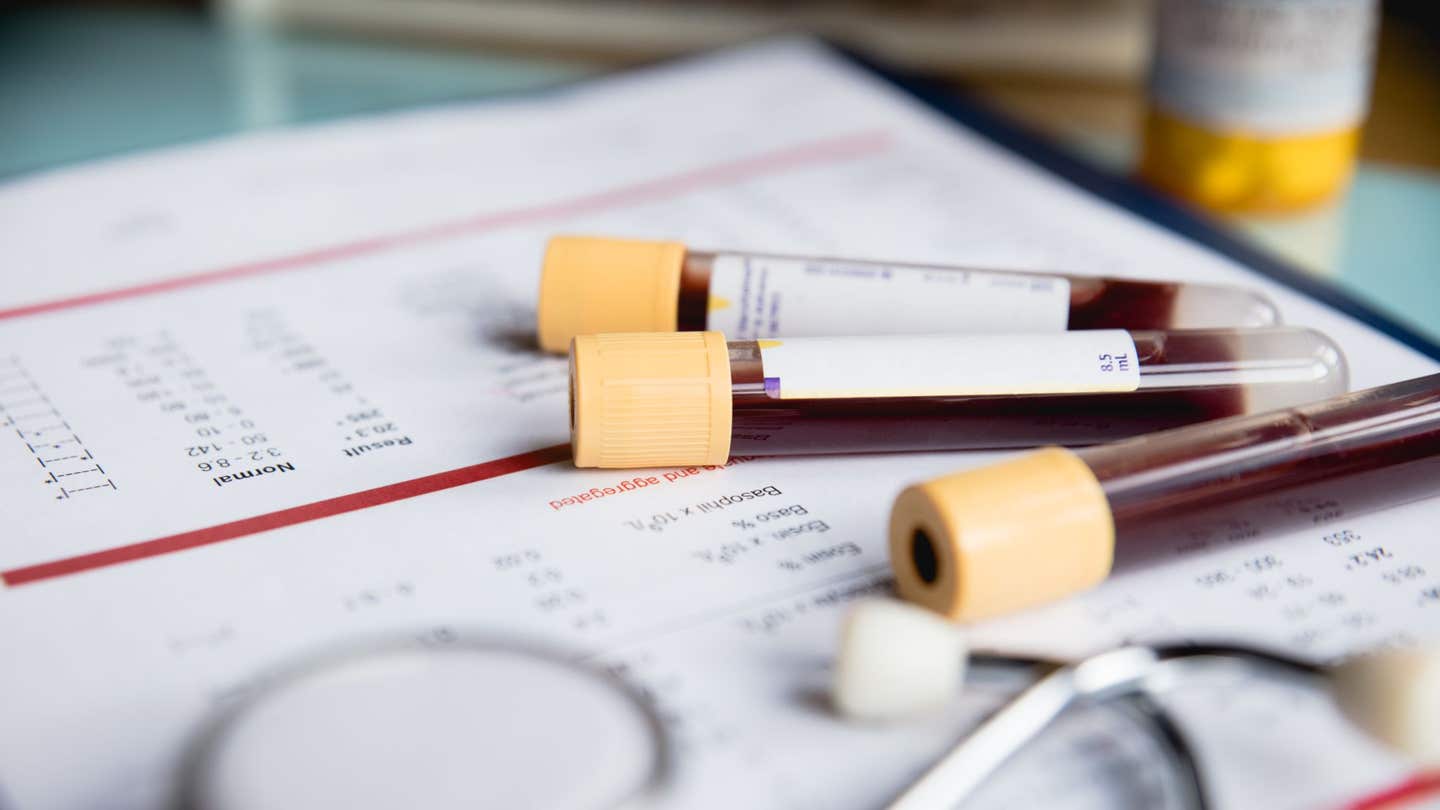Cancer cure? CAR T-cell therapy has two people in remission 10 years later
Researchers are constantly working toward developing the best possible treatments for cancer. One area of interest is immunotherapy.

[Feb 22, 2022: Jessica Norris]
A recently published study found that a form of CAR T-cell cancer treatment, a type of immunotherapy, was effective in treating leukemia and keeping two people’s cancer in remission 10 years later. (CREDIT: Creative Commons)
Cancer is an umbrella term for a group of severe conditions that affect millions of people. Researchers are constantly working toward developing the best possible treatments for cancer. One area of interest is immunotherapy, which modifies a person’s immune system to destroy cancer cells.
A study that Nature recently published found that a form of CAR T-cell cancer treatment, a type of immunotherapy, was effective in treating leukemia and keeping two people’s cancer in remission 10 years later.
As research about this treatment moves forward, experts will hopefully continue to refine the treatment, confirm its effectiveness, and allow more people to access it.
What is CAR T-cell therapy?
Scientists’ understanding of cancer has developed dramatically in recent decades, and people’s treatment options have expanded as a result. Immunotherapy is a relatively new area of cancer treatment research. In immunotherapy, adoptive cell transfer (ACT) is of particular interest.
As the National Cancer Institute notes, this process involves collecting and using a person’s own immune cells to attack the cancer in their body. CAR T-cell therapy is one type of ACT.
T-cells are a type of white blood cell that is essential to the body’s immune response to harmful substances. They help kill cells that pathogens infect.
Related Stories
In CAR T-cell therapy, doctors take blood from a person with cancer and separate out the T cells. Then, in the lab, they genetically change the T cells to attach to a specific protein on cancerous cells. After they expand the number of T cells, they infuse the cells back into the individual.
The T cells multiply, and because of their new receptors, they can kill the cancer cells. Currently, the Food and Drug Administration (FDA) has approved five CAR T-cell therapies. The full list of FDA-approved cancer therapies also includes various other treatments.
More research is still necessary to determine how effective CAR T-cell therapy is in treating different types of cancer.
Another factor that researchers have not yet fully understood is the effectiveness of CAR T-cell therapy in the long term. For example, are T cells with the special receptors still present in the body years after treatment? Is the treatment effective in keeping cancer away on a long-term basis? This knowledge gap is what the authors of this new study were trying to fill.
Keeping cancer cells at bay 10 years later
Chronic lymphocytic leukemia (CLL) is a form of cancer that affects the white blood cells and starts in the bone marrow. In adults, it is the most common type of leukemia. This study examined the long-term effects of CAR T-cell cancer treatment in two people with CLL.
Dr. Sara Ghorashian, a leukemia expert and researcher at the University College London Great Ormond Street Institute of Child Health, explained the treatment options available to people with CLL. Dr. Ghorashian, who was not involved in the study, said:
“Chronic lymphocytic leukemia can be relatively indolent or aggressive, but [it] is never cured with standard chemotherapeutic approaches, and so the patient generally has it for the rest of their life unless they have a bone marrow transplant or, now, CAR-T cell therapy. But CAR-T cell therapy isn’t currently licensed for CLL, so patients have to be on clinical studies to receive it.”
The two people in the study underwent CAR T-cell therapy as part of a treatment trial. Both had a complete remission of their cancer in 2010. A decade later, they were still in remission.
Not only that, but the researchers were also still able to detect the CAR T-cells in the body. However, the type of T cell that had the receptor changed.
Helper T-cells ‘maintain the cure’
The researchers specifically noted a shift over to a specific type of T cell — CD4+ T cells — when following up with the participants in later years. These T cells, also called helper T cells, help activate the body’s other immune cells. The team’s study of the participants’ T-cells indicated that these cells were still active and functional.
Study author Dr. J Joseph Melenhorst summed up the study’s results:
“The therapy works by engineering patients’ immune cells with CAR to bind to tumor cells, and doing so eliminates tumor cells. We find that 10 years after treatment of the patients who were in remission quickly after infusion, we still identify these cells. Initially, we find that killer cells are doing most of the heavy lifting.”
“At this late [stage] in the game, we find that actually, the helper cells are the forces that maintain the cure.”
Moving forward
The results of this study are encouraging. They indicate that CAR T-cell therapy may be effective in the long term in treating certain types of cancer.
As the study only involved two participants, Dr. Ghorashian did offer a word of caution about making generalizations based on the research findings.
“The inferences made in two older adults patients treated for CLL (not currently a licensed indication) should not be extrapolated to all CAR T therapy settings,” Dr. Ghorasian said. “The biology of CAR T cells from pediatric patients may be very different.”
As more evidence emerges about the effectiveness of CAR T-cell therapy, it may become a more popular treatment option that is more widely available.
Dr. Melenhorst noted that future research could focus on how well this treatment works in other people with CLL. Researchers could also explore its efficacy against different types of cancer and look at how to improve the treatment moving forward.
For more science stories check out our New Discoveries section at The Brighter Side of News.
Note: Materials provided above by Jessica Norris. Content may be edited for style and length.
Like these kind of feel good stories? Get the Brighter Side of News' newsletter.
Tags: #New_Discoveries, #New_Innovations, #Medical_News, #Cancer, #T_Cells, #Blood_Test, #Science, #Research, #The_Brighter_Side_of_News
Joseph Shavit
Head Science News Writer | Communicating Innovation & Discovery
Based in Los Angeles, Joseph Shavit is an accomplished science journalist, head science news writer and co-founder at The Brighter Side of News, where he translates cutting-edge discoveries into compelling stories for a broad audience. With a strong background spanning science, business, product management, media leadership, and entrepreneurship, Joseph brings a unique perspective to science communication. His expertise allows him to uncover the intersection of technological advancements and market potential, shedding light on how groundbreaking research evolves into transformative products and industries.



